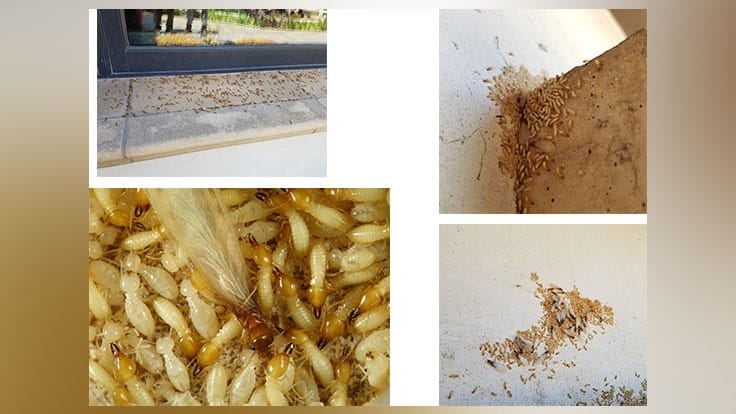According to a recent study, school-based gardening can improve metabolic parameters in children.
The prevalence of childhood obesity in the US has increased from 5% in 1978 to 19.3% in 2018. Low socioeconomic status is associated with an increased risk of childhood obesity, while Hispanic ethnicity is associated with an increased risk of obesity-related metabolic diseases such as type 2 diabetes and metabolic syndrome.
Increasing fruit and vegetable (FV) intake reduces the risk of developing metabolic diseases, but most children in the United States do not achieve the recommended daily FV intake. FV uptake is lowest in children of low socioeconomic status and obesity.
Evidence-based interventions need to be implemented to improve FV uptake in children and reduce the prevalence of metabolic diseases. School-based gardening has been associated with increased FV intake, but little data has been collected on the effects of gardening on high-risk groups, such as Hispanic individuals.
Researchers conducted a randomized clinical trial (RCT) of a gardening activity called Texas Sprouts and then determined the intervention’s impact on metabolic outcomes in elementary school children.
The Texas Sprouts Study was a school-based cluster RCT conducted in three waves from 2016 to 2019. Sixteen elementary schools were randomly assigned to an intervention or control group.
Inclusion criteria for schools included that more than half of the participating children be Hispanic, the majority participate in the free and reduced-price lunchtime program, schools are located within 60 miles of Austin, Texas, and no garden or gardening program existed prior to the study.
The schools in the intervention group formed garden management committees, and the committee members helped build gardens at the school about 4 months before the baseline measurements. Third through fifth graders received 18 1-hour Texas Sprout lessons separately from trained nutrition and gardening educators.
Topics covered in the curriculum include healthy cooking and FV preparation, meeting nutritious foods in diverse settings, eating locally produced foods, low-sugar beverages with fresh FV, the health benefits of FV, and maintaining a healthy diet in food desert communities, and Food Justice and Community Service.
Each lesson included a garden taste test or cooking activity tailored for Hispanic individuals. Control schools received a delayed intervention.
Anthropometric data were collected at baseline and after the intervention, with demographic data also being collected via a questionnaire package. Data on metabolic parameters could be collected through an optional blood draw. Approximately 92% of parents completed baseline testing and approximately 33% of children completed baseline blood draws.
Of the children who completed the blood draw at baseline, 63% completed the blood draw after the intervention. Blood glucose, insulin, homeostatic model assessment of insulin resistance, and lipid levels were measured in these children.
About 69% of the participants were Hispanic, and the mean age of the participants was 9.28 years. Participants in the intervention group had improved glucose control and reduced low-density lipoprotein cholesterol compared to the control group, demonstrating improved metabolic parameters in high-risk individuals following garden-based interventions.
Relation
Davis JN, Landry MJ, Vandyousefi S, Jeans MR, Hudson EA, Hoelscher DM, et al. Effects of a school-based diet, gardening, and cooking intervention on metabolic parameters in high-risk adolescents: a secondary analysis of a cluster-randomized clinical trial. JAMA network open. 2023;6(1):e2250375. doi:10.1001/jamanetworkopen.2022.50375






%20George%20Salisbury%20-%20Green%20Fingered%20Residents%20at%20Ambient%20Support’s%20St%20Audrey’s%20Care%20Home%201.png)

